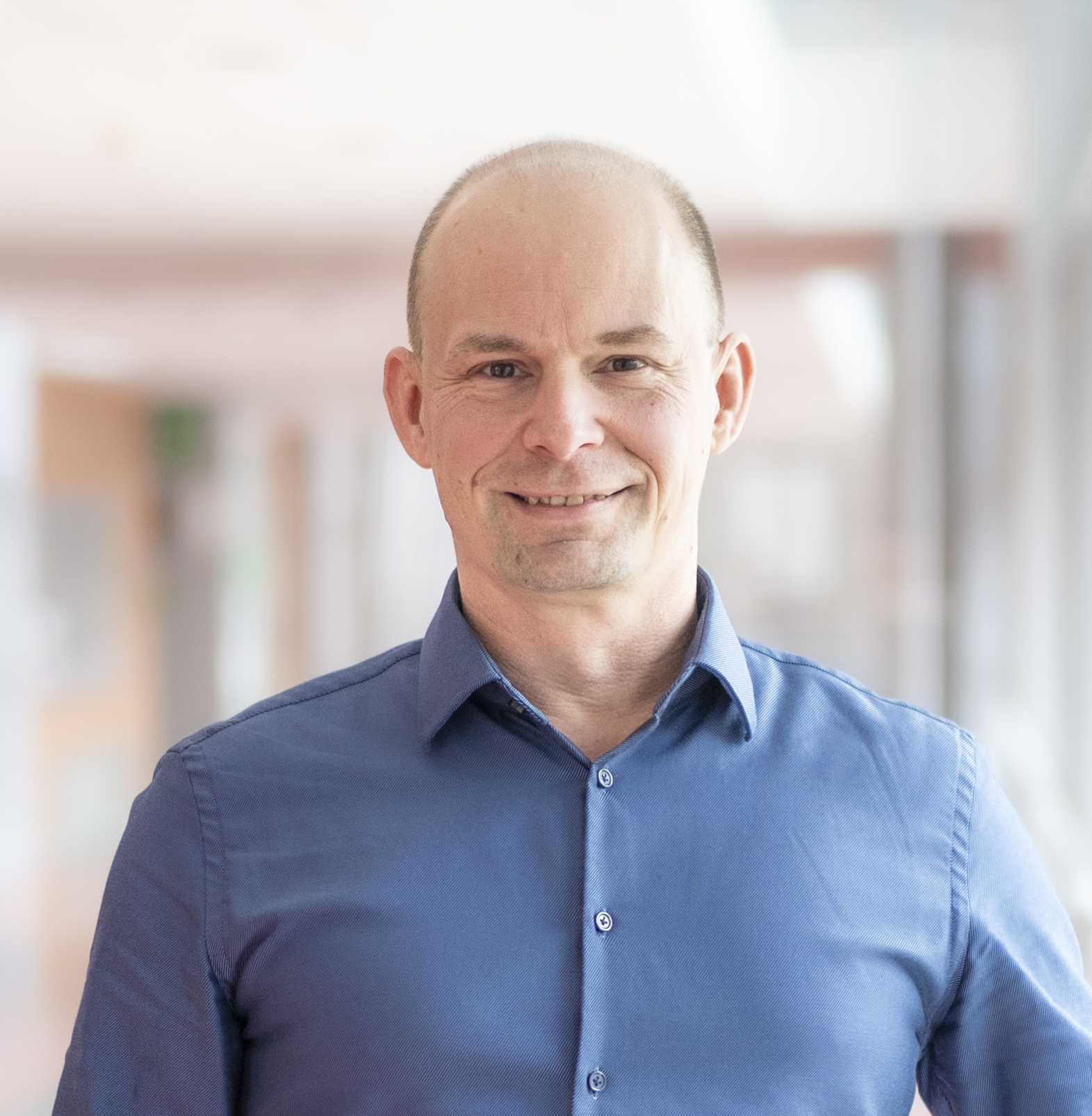Molecular Mechanisms of Cancer
Head: Zdeněk Andrysík
Brno node
HOME INSTITUTION
Faculty of Medicine MU
RESEARCH PROGRAMME(S)
RP 1 - Molecular basis of cancer and molecular targets
RP 2 - Research and development of anticancer pharmaceuticals and therapeutic methods
I love the smell of lysis buffer in the morning. …It smells like… results! (Lieutenant Colonel Bill Kilgore in Apocalypse Now, 1979, modified)
- Mission: To identify innovative treatment opportunities represented by targeting transcription factors (TFs) involved in carcinogenesis.
- Vision: To save lives of people with cancer by designing novel, combinatorial, and targeted treatment strategies utilizing TF activity modulation.
Cancer is the most complex and complicated medical challenge mankind faces today and the leading cause of premature death in 57 most developed countries including Czech Republic. Due to cancer our society loses an enormous amount of experience, performance, and talent every year since about half of the cancer deaths concerns economically active people. Czechs have ~30% chance of developing a cancer before 75 years of age. Despite of tremendous advance in life expectancy of patients diagnosed with cancer over the last decades, more than 27 000 people die of cancer in Czech Republic annually. Furthermore, current chemotherapy is linked to a broad range of adverse effects including lasting cognitive impairment and secondary cancer. Therefore, novel treatment strategies based on thorough understanding of molecular mechanisms of the disease are essential for improving survivability and quality of life of patients diagnosed with cancer.
SELECTED PUBLICATIONS
- Andrysik Z, Sullivan KD, Kieft JS, Espinosa JM. PPM1D suppresses p53-dependent transactivation and cell death by inhibiting the Integrated Stress Response. Nat Commun; 13(1):7400 (2022). DOI: 10.1038/s41467-022-35089-5
- Andrysik Z, Bender H, Galbraith MD, Espinosa JM. Multi-omics analysis reveals contextual tumor suppressive and oncogenic gene modules within the acute hypoxic response. Nat Commun. 12(1):1375 (2021). DOI: 10.1038/s41467-021-21687-2
- Andrysik Z, Galbraith MD, Guarnieri AL, Zaccara S, Sullivan KD, Pandey A, MacBeth M, Inga A, Espinosa JM. Identification of a core TP53 transcriptional program with highly distributed tumor suppressive activity. Genome Res; 27(10):1645-1657 (2017). DOI: 10.1101/gr.220533.117
- Szwarc MM, Guarnieri AL, Joshi M, Duc HN, Laird MC, Pandey A, Khanal S, Dohm E, Bui AK, Sullivan KD, Galbraith MD, Andrysik Z, Espinosa JM. FAM193A is a positive regulator of p53 activity. Cell Rep. 42(3):112230 (2023). DOI: 10.1016/j.celrep.2023.112230
- Tatavosian R, Donovan MG, Galbraith MD, Duc HN, Szwarc MM, Joshi MU, Frieman A, Bilousova G, Cao Y, Smith KP, Song K, Rachubinski AL, Andrysik Z, Espinosa JM. Cell differentiation modifies the p53 transcriptional program through a combination of gene silencing and constitutive transactivation. Cell Death Differ. (4):952-965 (2023). DOI: 10.1038/s41418-023-01113-4
COLLABORATION WITHIN THE NICR
SPECIALIZED EXPERTISE AND TECHNOLOGY
Multi-omics
Transcriptomics
Genomic screening
COLLABORATION WITH LARGE RESEARCH INFRASTRUCTURES AND RESEARCH CENTRES
University of Colorado Cancer Center
Central European Institute of Technology at Masaryk University CEITEC MU



